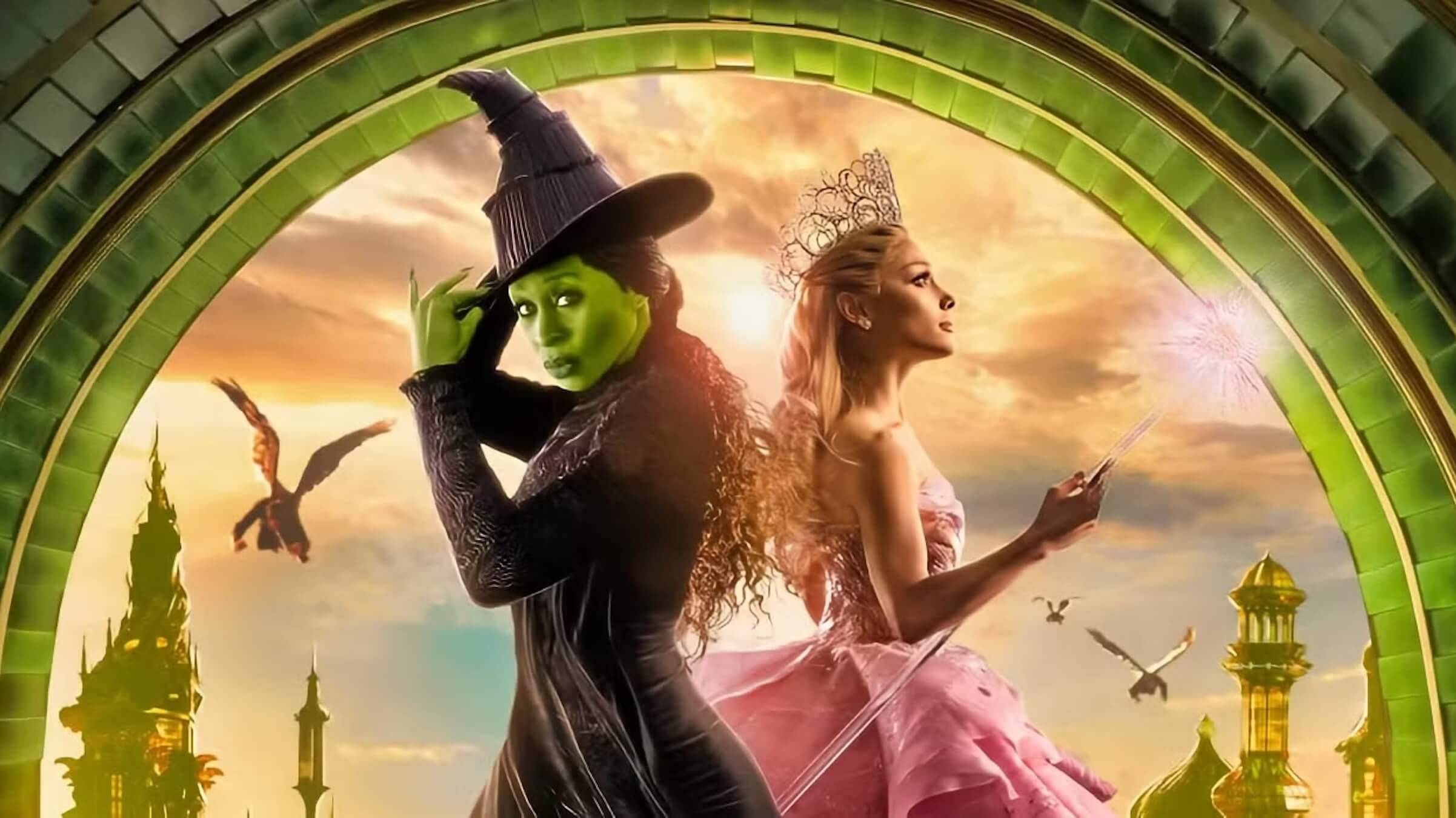Recent Posts
-
 The Hero’s Journey Breakdown: ‘Interstellar’ January 6, 2025
The Hero’s Journey Breakdown: ‘Interstellar’ January 6, 2025 -
 The Hero’s Journey Breakdown: ‘Wicked’ December 30, 2024
The Hero’s Journey Breakdown: ‘Wicked’ December 30, 2024 -
 Deck the Scripts: Lessons from the Best Christmas Screenplays December 23, 2024
Deck the Scripts: Lessons from the Best Christmas Screenplays December 23, 2024 -
 Ready Player One? Stories That Started on Game Consoles December 16, 2024
Ready Player One? Stories That Started on Game Consoles December 16, 2024 -
 The Greatest Screenplays: How ‘Avengers: Endgame’ Changed Superhero Screenwriting Forever December 9, 2024
The Greatest Screenplays: How ‘Avengers: Endgame’ Changed Superhero Screenwriting Forever December 9, 2024


